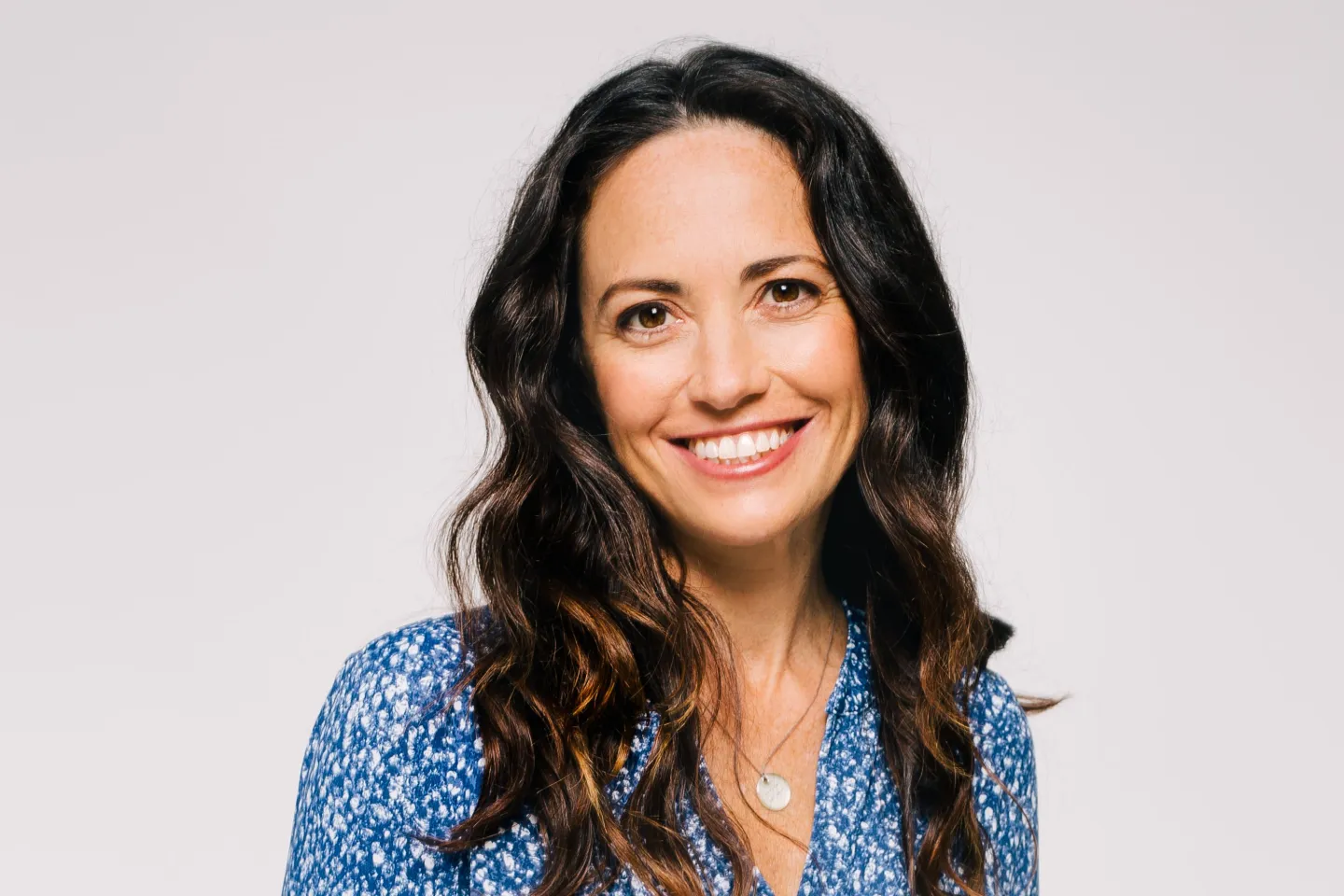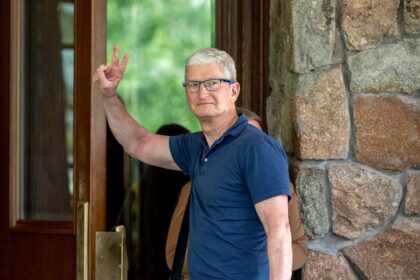Nicole Bernard Dawes, founder of a burgeoning $100 million company, describes her journey as a mix of heritage, ambition, and relentless focus. Unlike many entrepreneurs who start with nothing, Dawes had a front-row seat to the food industry from childhood, growing up behind the counters of her mother’s health-food store and wandering the floors of her father’s snack empire, Cape Cod Chips. Yet she insists that when she returned to the family business, there was no time to worry about nepotism—her focus was on building, scaling, and innovating.
From Childhood Exposure to Entrepreneurial Drive
Dawes’ formative years were steeped in entrepreneurship and food innovation. Her mother’s health-food store instilled early lessons in customer service, product selection, and retail management. Meanwhile, her father, Steve Bernard, was expanding Cape Cod Chips into a major snack brand, eventually selling the business to Anheuser-Busch.
“I always knew I wanted to build brands,” Dawes tells Fortune. “It wasn’t a question of if—it was a question of how and when.” Her early exposure gave her a deep understanding of supply chains, branding, and the grind of food manufacturing—knowledge that would prove invaluable later.
A Detour Into Consulting
After college, Dawes pursued a career as a management consultant, working with food and beverage clients. While prestigious, the role did not ignite her passion. She says it was “short-lived” because consulting often involved advising on strategy without directly creating or owning products—a stark contrast to the hands-on experience she craved.
“I learned a lot about business strategy, operations, and scaling,” she explains, “but I realized I wanted to make things happen, not just advise on them.”
A Family Business Reawakens
In 1996, Dawes’ father, Steve Bernard, made a bold move: he bought back Cape Cod Chips from Anheuser-Busch, reclaiming the family brand for $4.87 billion. For Dawes, this was both an opportunity and a calling.
“It felt like perfect timing. I could apply everything I had learned, and more importantly, I could help rebuild something that meant so much to my family,” she says.
Returning to Cape Cod Chips was not just a sentimental choice—it was a strategic business decision. She recognized that scaling the brand in a competitive snack market required innovation, operational excellence, and a keen eye on consumer trends.
The Challenge of Nepotism—and Why She Ignored It
Dawes acknowledges that some might see her path as a product of privilege. But she insists that in the high-pressure world of food manufacturing, results speak louder than lineage.
“There wasn’t time to worry about nepotism,” Dawes explains. “I had to prove myself every single day, innovate, and execute—otherwise the company wouldn’t survive, let alone grow.”
Her approach combines hands-on leadership with strategic vision, whether it’s product development, marketing campaigns, or navigating distribution channels.
From Legacy Brand to Modern Success
Under Dawes’ guidance, Cape Cod Chips experienced a renaissance. She leveraged her understanding of consumer health trends, sustainability, and brand storytelling to differentiate the product in a crowded snack market. Key strategies included:
- Innovative flavors and limited-edition releases that generate buzz
- Premium branding emphasizing natural ingredients and authenticity
- Strategic partnerships with retailers and e-commerce platforms
- Marketing campaigns that leverage social media to reach millennial and Gen Z consumers
These efforts transformed Cape Cod Chips from a nostalgic snack into a modern, high-growth brand, now generating $100 million in annual revenue.
Lessons From a Serial Entrepreneur
Dawes’ journey is a lesson in combining heritage with innovation. She emphasizes several guiding principles:
- Hands-on experience matters: Knowing the product and operations is as important as strategy.
- Timing is everything: Recognizing the moment to act can be pivotal.
- Ignore distractions: Nepotism concerns or external opinions shouldn’t slow execution.
- Leverage legacy, but don’t rely on it: A family brand provides a foundation, but growth comes from modernizing and adapting.
Her story resonates with aspiring entrepreneurs, demonstrating that family legacy can coexist with entrepreneurial ambition if approached with vision and determination.
Looking Ahead
With Cape Cod Chips now thriving under her leadership, Dawes is exploring new ventures in the food and beverage space, continuing her track record as a serial entrepreneur. She envisions brands that blend authenticity, health consciousness, and modern consumer appeal, following the blueprint that revitalized her father’s empire.
“I didn’t just inherit a business,” she says. “I inherited responsibility—and the opportunity to build something that lasts for generations.”
Nicole Bernard Dawes’ journey underscores a powerful lesson: entrepreneurship is about action, vision, and resilience—not just privilege or legacy. For her, the family business wasn’t just a foundation—it was a launchpad for creating a $100 million success story in the highly competitive world of food brands.







